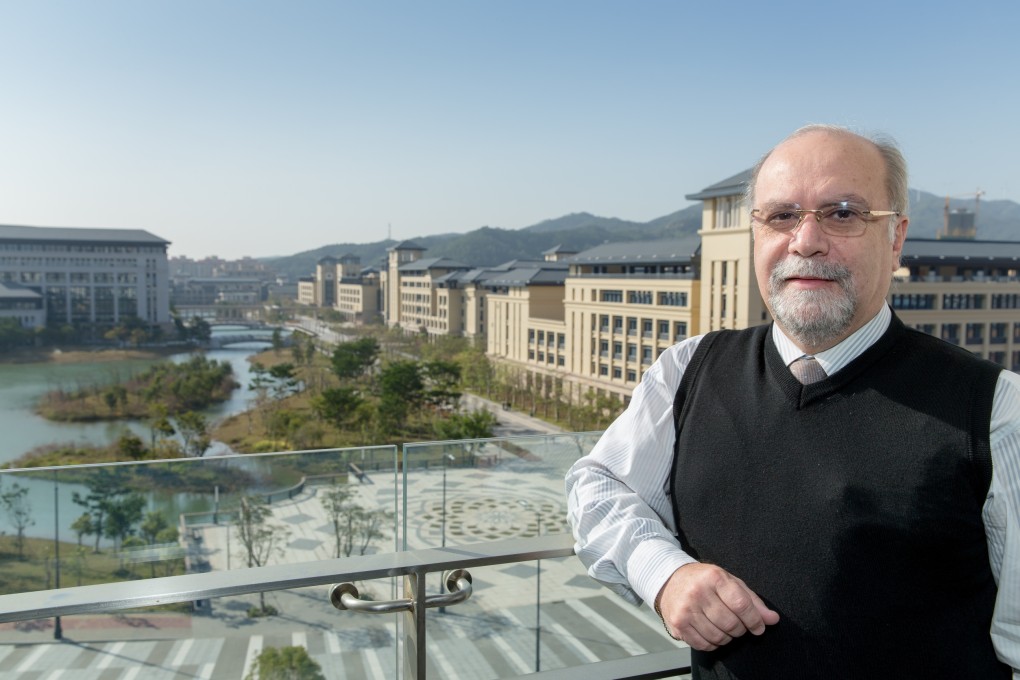Creating a research culture at the University of Macau
[Sponsored Article] Without the backing of a strong intellectual, research and teaching tradition, a university is unlikely to attract top notch academic staff and students that are needed to compete globally.

[Sponsored Article]
Without the backing of a strong intellectual, research and teaching tradition, a university is unlikely to attract top notch academic staff and students that are needed to compete globally. Well aware of the importance of teaching and research, the University of Macau’s (UMacau) senior management has pulled out all the stops to create an environment that will support its evolution into an outstanding research-led institution of learning.
Over the last two decades, UMacau has progressed by leaps and bounds in its research efforts and outcomes, backed by the support of the Macau government and with a significant increase in research funding available to the academic staff. “We’ve been developing good conditions where a research culture can grow and thrive on campus across all disciplines. One of them is a significant increase in research funding,” says Professor Rui Martins, the University’s Vice Rector for Research and a world renowned expert in micro-electronics.
“Twenty years ago, we only had a research budget of less than US$ 63,000, but today we’re talking about an annual internal research budget of close to US$19 million granted by the research committee, supplemented by an external funding source of more than US$ 6 million made available by the Macau Science & Technology Fund for our research projects,” says Professor Martins, who has played a key role in all stages of transformation of the University since 1993.
The substantial financial support led to the establishment of two state key research laboratories in 2011 focusing on two specific research areas: Chinese Medical Science, and Analog and Mixed-Signal VLSI, with the latter formed and supervised by Professor Martins himself to conduct research on the interface between analogue and digital, with particular emphasis in applications for mobile communications.
The new campus certainly presents a conducive environment and provides generous resources to secure top academics and advanced equipment and facilitate new research projects on a wider range of topics and a larger scale.
“We’re setting up a large number of new biology labs for the Faculty of Health Sciences, and there will be five buildings to cater for the research labs. We will also devote our research efforts and resources to computer and information science, cyberphysics, applied physics and materials engineering, and the Internet of Things – supported by the 973 national research development programme, in a project led by our Rector. In a couple of years, we hope to create some spin-off companies from the research projects conducted by the state key labs,” Professor Martins says.